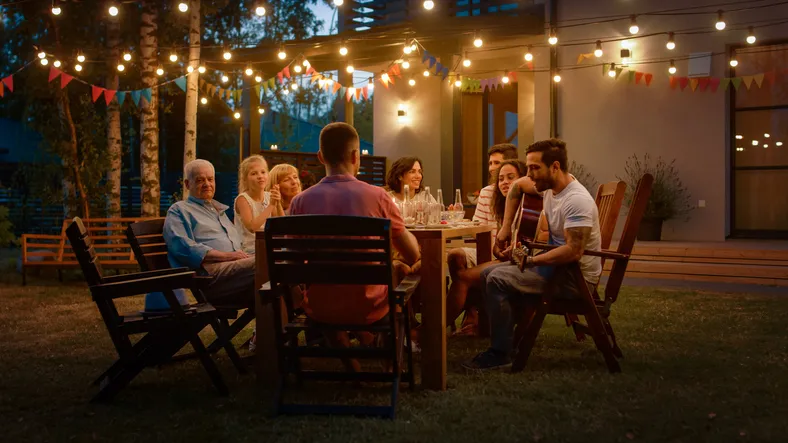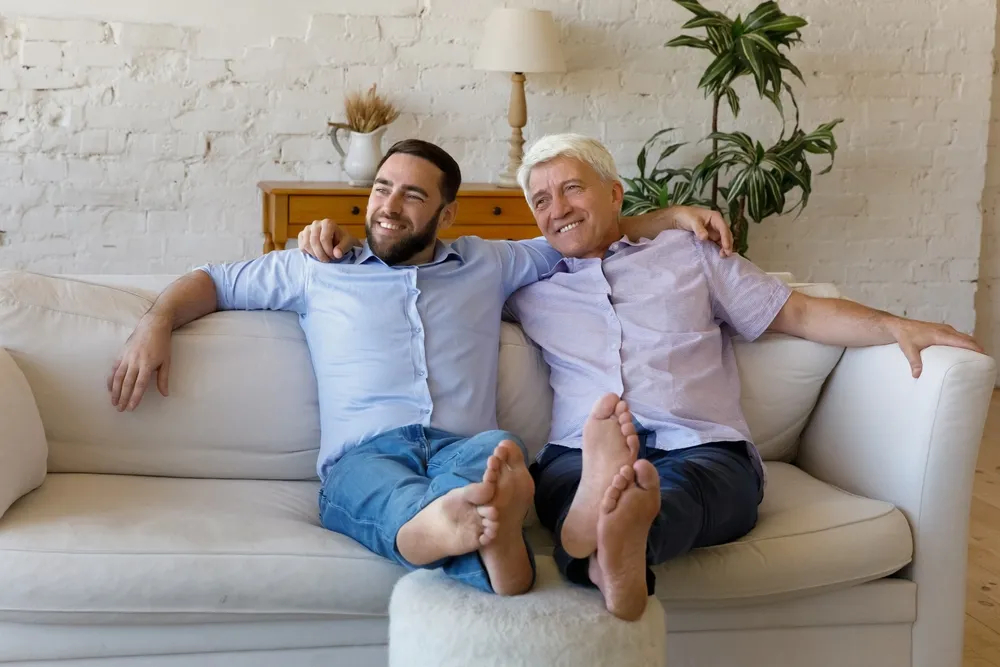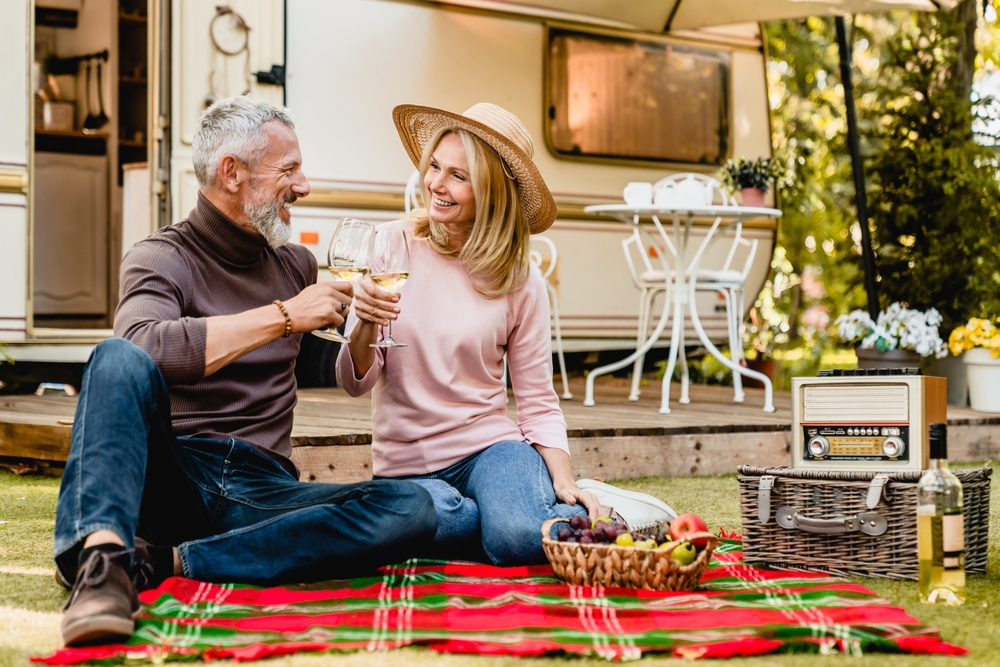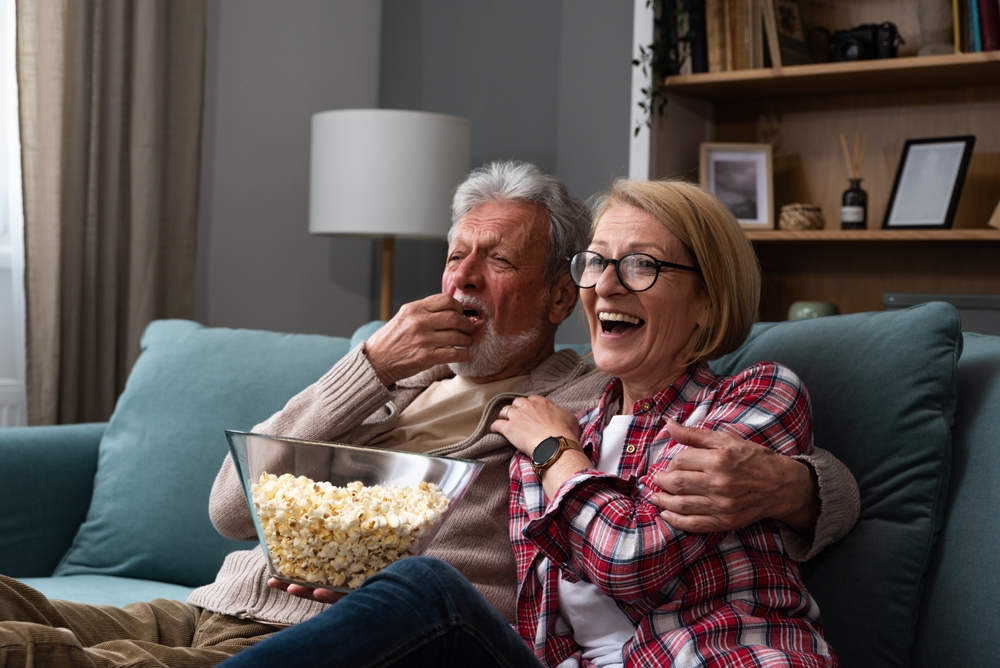Getting older is inevitable, but feeling “old” is something entirely different—and often, it’s a mindset. You’ve probably met people in their 40s or 50s who already seem stuck in a rut, while others in their 70s or 80s radiate energy and vitality. What’s their secret? It’s not just luck or good genes; it’s about staying mentally, physically, and emotionally engaged with life. If you’re worried about growing old before your time, here’s how to keep that spark alive.

First and foremost, keep moving. Physical activity isn’t just about staying fit—it’s about maintaining your independence and energy. Regular exercise, whether it’s walking, swimming, or dancing, helps strengthen muscles, improve balance, and boost your mood. It doesn’t have to be intense, either; the key is consistency. A body in motion stays in motion, and staying active is one of the simplest ways to feel youthful at any age. The National Institute on Aging emphasizes that regular physical activity is vital for healthy aging, helping maintain independence and energy levels.
Just as important as moving your body is challenging your mind. Learning new things—whether it’s a language, a musical instrument, or even a new hobby—keeps your brain sharp and adaptable. Neuroplasticity, the brain’s ability to rewire itself, doesn’t stop as you age, but it does require effort. Taking on intellectual challenges not only wards off cognitive decline but also keeps life interesting and rewarding. The moment you stop learning is the moment you start feeling old. Research from Harvard Health Publishing suggests that challenging your mind with new activities can help maintain cognitive function and neuroplasticity as you age.

Social connections are another crucial piece of the puzzle. Loneliness and isolation can creep in as you get older, and they’re not just emotionally draining—they can have serious effects on your health. Make time for friends, family, and community activities. Whether it’s joining a book club, volunteering, or simply scheduling regular catch-ups with loved ones, staying connected helps you feel vibrant and engaged. Humans are social creatures, and nurturing relationships is a key part of staying young at heart. A study in the Journals of Gerontology reveals that maintaining strong social connections can significantly improve health outcomes and quality of life for older adults.
Don’t underestimate the power of self-care and appearance in shaping how you feel. Taking care of your skin, dressing in clothes that make you feel confident, and even trying a new hairstyle can work wonders for your self-esteem. It’s not about looking younger—it’s about presenting the best version of yourself. Feeling good about how you look can have a ripple effect on how you carry yourself and how others perceive you.

Perhaps the most important piece of advice is to stay adaptable. Life will throw curveballs, and the way you respond can determine how “old” you feel. Being flexible—whether it’s embracing new technology, trying unfamiliar foods, or going with the flow when plans change—keeps you from getting stuck in your ways. Rigidity breeds stagnation, but adaptability keeps you open to new experiences and opportunities for growth.
Finally, cultivate a sense of curiosity and optimism. Staying young at heart means looking forward to the future, even as you age. It’s about finding joy in small things, setting goals for yourself, and refusing to let challenges dim your enthusiasm for life. A positive mindset doesn’t mean ignoring hardships—it means choosing to see the possibilities beyond them.

Avoiding the feeling of “oldness” isn’t about denying your age—it’s about embracing it with energy, curiosity, and purpose. By staying active, connected, and open to growth, you can keep the best parts of yourself alive and thriving, no matter how many candles are on your cake. Because being “old” is less about the number and more about the mindset—and that’s something you have the power to change.








